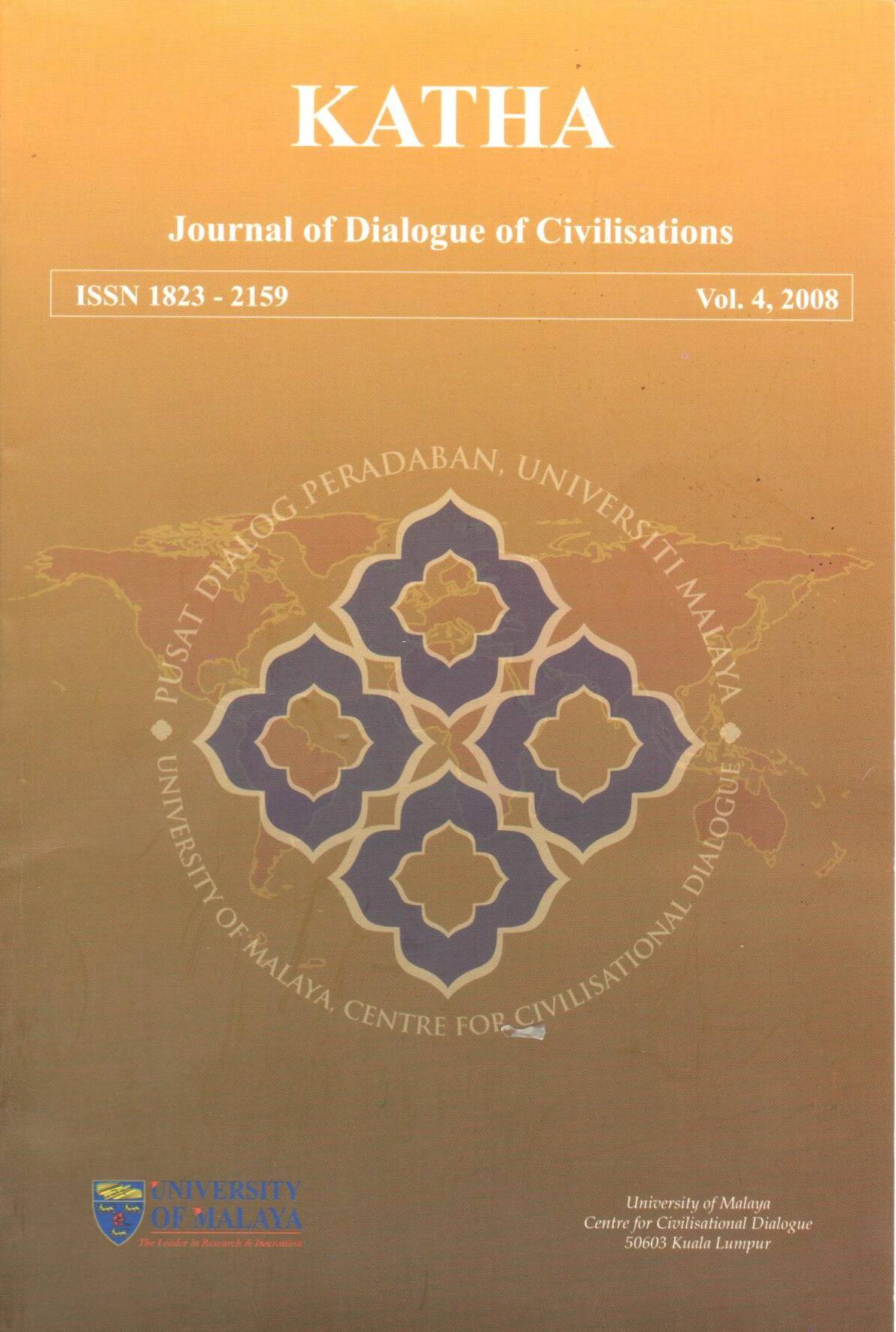Civil and Religious Law in England A Religious Perspective
Abstract
The main aim of this paper is to examine the kind of space that can be allowed alongside the secular law of Britain for the legal provisions of faith groups in the country, particularly of the Muslims. The issues that arise around what level of public or legal recognition might be allowed to the legal provisions of a religious groups are not particular to Islam. The paper looks at the same misconceptions about the nature and claims of the sharia. It argues that neither membership of the umma nor fidelity to sharia precludes Muslims from having multiple identities that would involve their social relations with the non-Muslims. It goes on to examine three major objections raised whenever there is robust appeal to the rightness of law of the land protecting individuals on the grounds of their religious identity and securing their freedom to fulfil religious duties. As an alternative to secular legal monopoly the paper argues for supplementary jurisdiction and interactive pluralism. Where it is possible to recognize religious conviction and discipline without interfering with, or blocking access to, the liberties guaranteed by wider society, due consideration should be given to doing just that. In conclusion, the author points out what needs to be done if we are to see intelligent thinking on the relations between Islam and British law.
Downloads
Downloads
Published
How to Cite
Issue
Section
License
Articles submitted to the journal should not have been published before in their current or substantially similar form, or be under consideration for publication elsewhere. Authors submitting articles for publication warrant that the work is not an infringement of any existing copyright and will indemnify the publisher against any breach of such warranty. For ease of dissemination and to ensure proper policing of use, papers and contributions become the legal copyright of the publisher unless otherwise agreed. By submitting a manuscript, the author(s) agree that copyright for the article is transferred to the publisher, if and when the manuscript is accepted for publication. However, it can be reprinted with a proper acknowledgment that it was published in KATHA.

This work is licensed under a Creative Commons Attribution-NonCommercial-NoDerivatives 4.0 International License.




